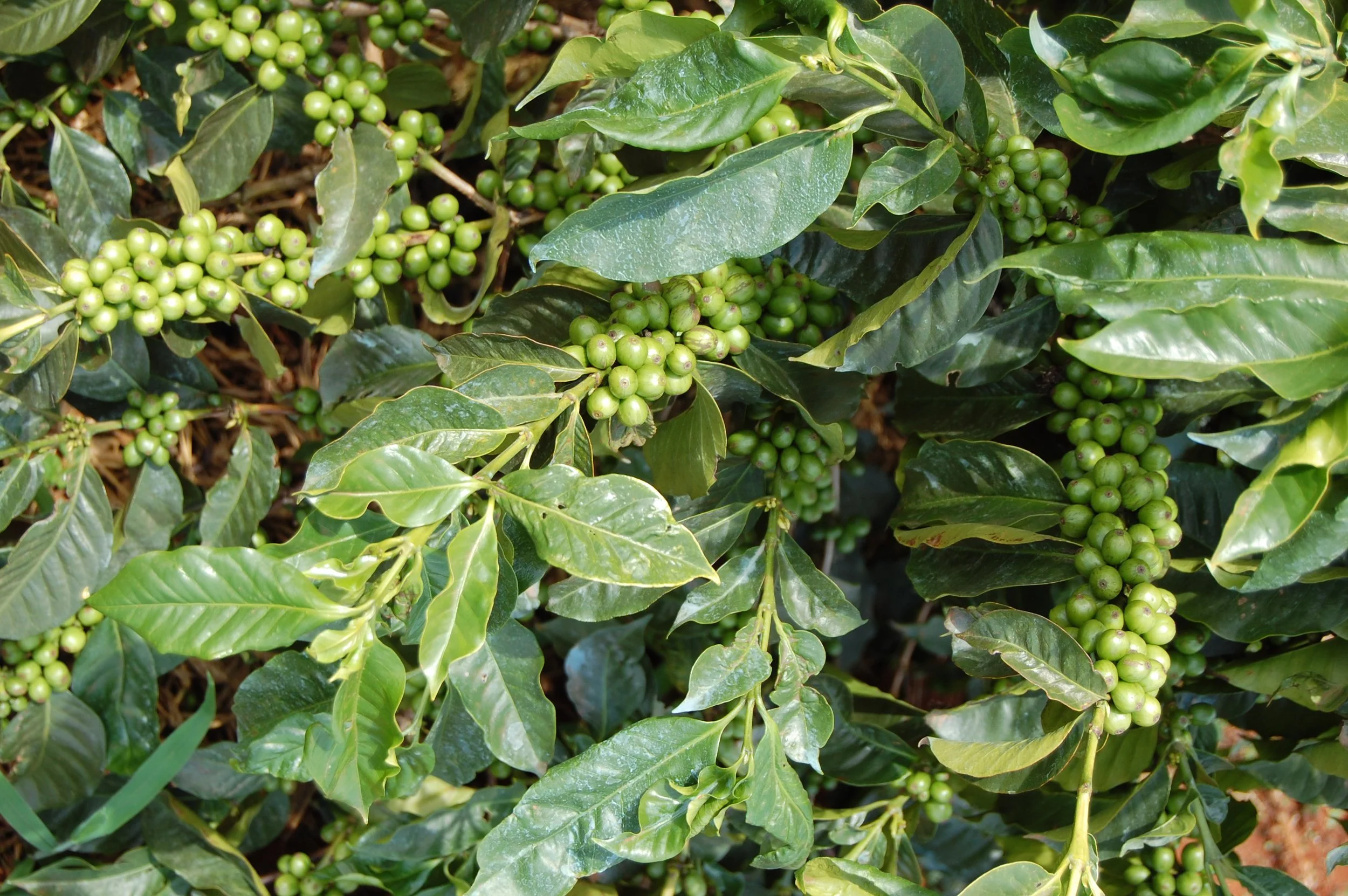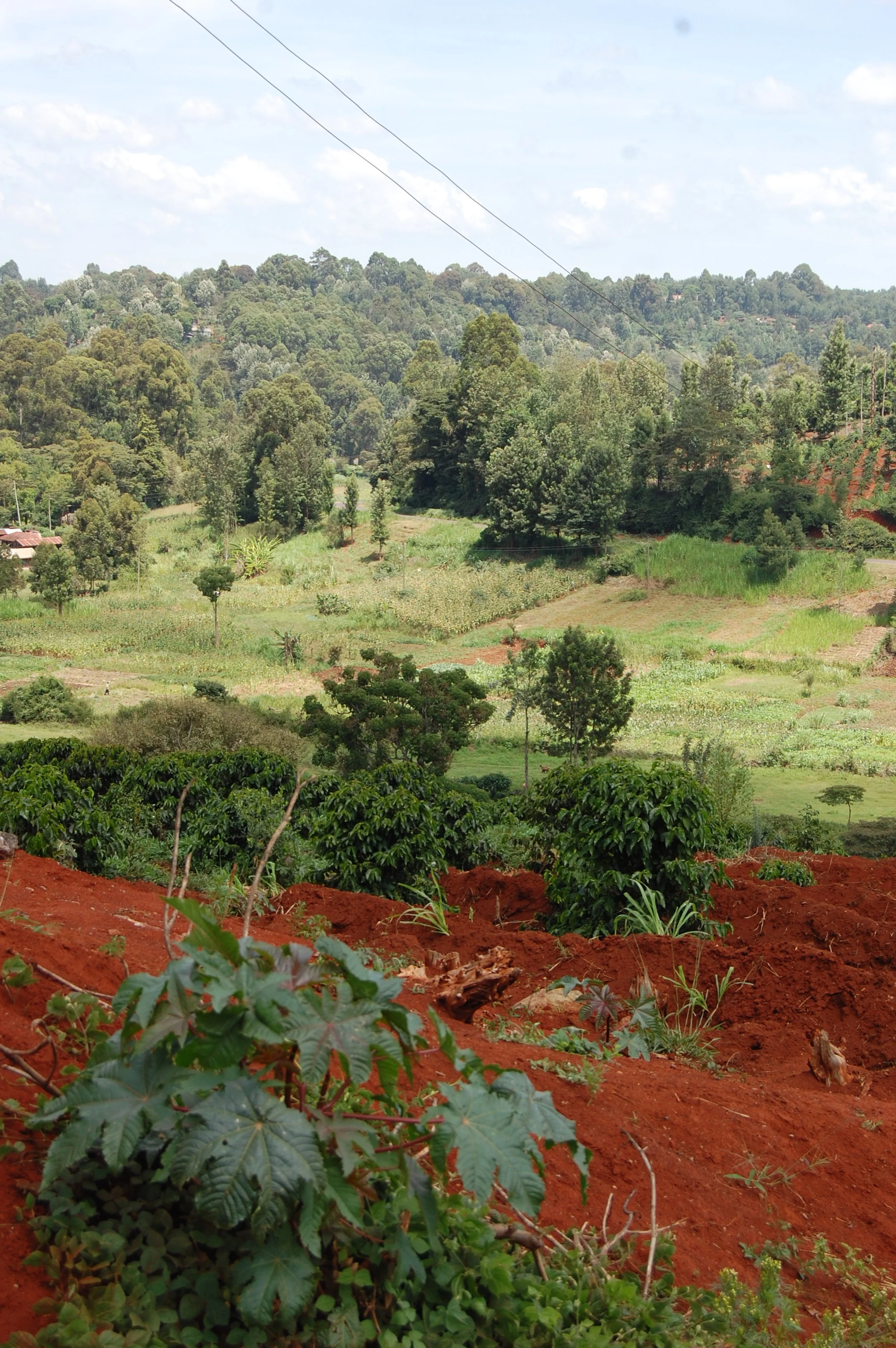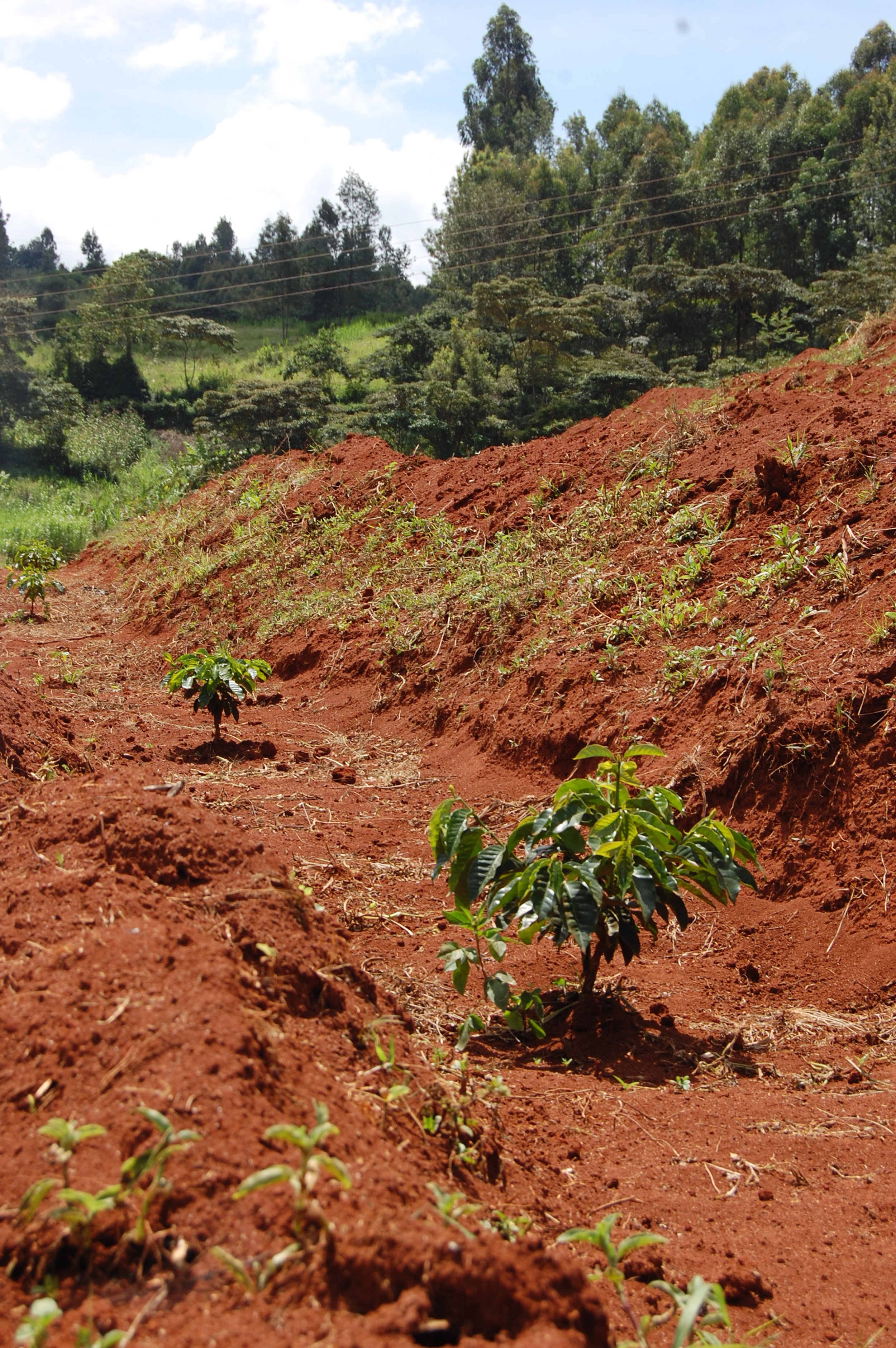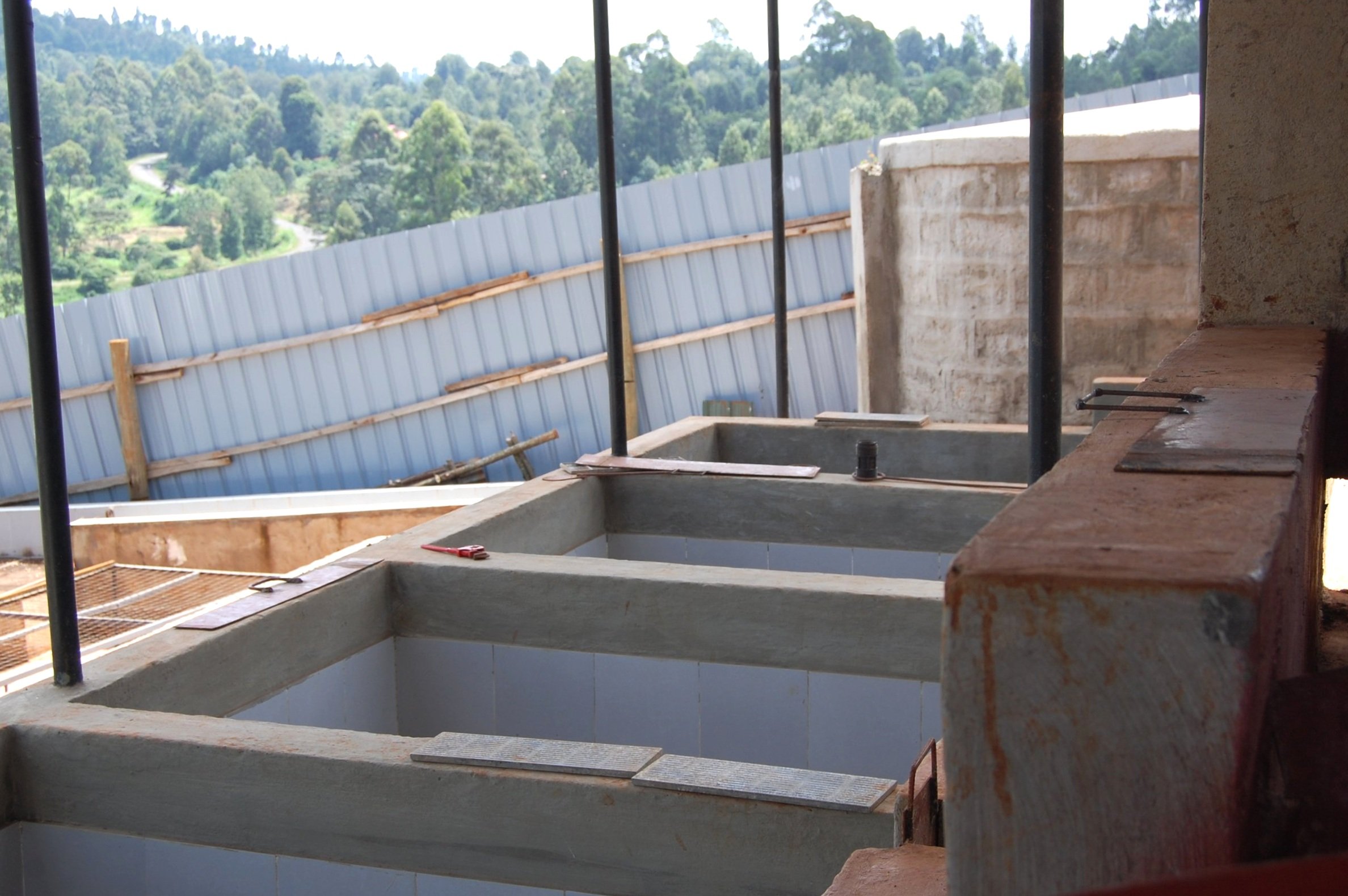repetition is reAlISATION
In 2019, Esther and her family bought a piece of land in Nyeri for their daughter Shantelle to grow up and become a coffee farmer. Shantelle was born with Down syndrome. She is currently in high school, in less than 3 years she will finish her schooling. After being rejected by many schools for being born with an intellectual disability, Shantelle got accepted in a school for her music and swimming skills. Not far from this school is Ziwa farms, where coffee was first planted in 2020. It is possible to navigate down syndrome by performing tasks that are inherently repetitive. Keeping this in mind, Esther has been setting up this farm for Shantelle to take over short after high school. She wants Shantelle to earn an income for her work and lead a decent life. It would be possible for Shantelle to repeat the same tasks every year between harvest to export with coffee.
Esther being a banker herself has been working with the cooperative bank of Kenya closely with several coffee farmers. Her everyday work involves working with financing the different aspects of coffee production. That gave Esther the idea that this could be an important pathway for her daughter to make a living. Her aspirations for her daughter include Shantelle also providing employment opportunities in her community. She hopes by helping Shantelle becoming a coffee farmer, it would invite others in the neighborhood to also actively see coffee as a tool that will improve their livelihoods. Esther’s daughters and their friends frequent the farm regularly and this for them feels like the first step towards helping the younger generation consider farming to be attractive.
Esther hopes Shantelle can tell her story through her music and be able to build a repertoire of reliable clients for her coffee in the coming years.
CULTIVARS
Ruiru 11, SL 28, Batian
elevation
1900 meters above sea level
NOTABLE
Their coffee trees are intercropped with Macadamia and other indigenous trees. They have set up 25 bee hives across the farm. They regularly conduct farm visits in collaboration with educational institutions located in close proximity to the farm so they foster the youth participation in coffee farming.
PROCESSING
They employ women and youth within the community to carefully select and harvest the cherries at the red ripe stage which is supervised by Esther and her family. Once harvested, any over-ripes, under-ripes, diseased or flawed cherries are isolated. Depending on the customer’s requirement, the processing method based on the customer needs either Fully washing or Natural sun dried . They have our own wet mill where they pulp the coffee. They sun dry the coffee slowly to ensure that the quality of the coffee beans is maintained . Once dried, it is stored in their parchment store within the farm to ensure the moisture and quality of the coffee is maintained. The required quantities are then delivered at a licensed dry mill.
TASTIFY™ CUPPING NOTES
2024 LANDED HARVEST
-
The price you pay for Ziwa coffee p/kg. We agreed on this price directly with the farmers, disregarding the volatile US Coffee C price.
-
Since 2024 the new regulations in Kenya, coffee moves differently through the value chain. Here farmgate refers to the FOT contract Sakami farmers have received for their produce that also includes freight charges to drive it to the milling facility. The representative pie chart is for the washed AA coffees. This price covers farm gate and other costs farmers have incurred until dry parchment stage.
Other contracts from Ziwa farms are as follows :Shantelle single farmer lot - Washed AB - € 7,62
-
The coffee is then taken to the milling facility where farmers are charged for the milling, bagging them in grain pro. Additionally an export supervision fee is included in this category to capture the reality of having our partner Stean in cooperation with our farmers oversee the milling process. A standard fee that is split across the entire volume is added to the exporting costs.
-
International shipping from Mombasa, Kenya to Rotterdam, Netherlands. It is inclusive of freight, customs, insurance and warehousing costs.
-
Average financing cost owed to (mostly social) lenders. This ensures immediate payment to the farmers when the coffee leaves the farm or port.
-
A standard TSU premium on all coffees designated exclusively to accelerate farmers’ own regenerative agriculture projects. .Read more about the regenerative projects done by Shantelle here. (Link coming soon).
-
This Side Up compensation for spending time and resources importing this coffee. Our work includes year-round contact with producers, managing export, shipping, import, warehousing, grading, sampling, finding and keeping roasting partners for Sakami. € 1,65 is This Side Up’s Model 1 markup. For a full overview of our modular margin construction, see the Trade Models page
Photo gallery
You may use these photos freely to promote Shantelle’s coffee amongst your customers.


























